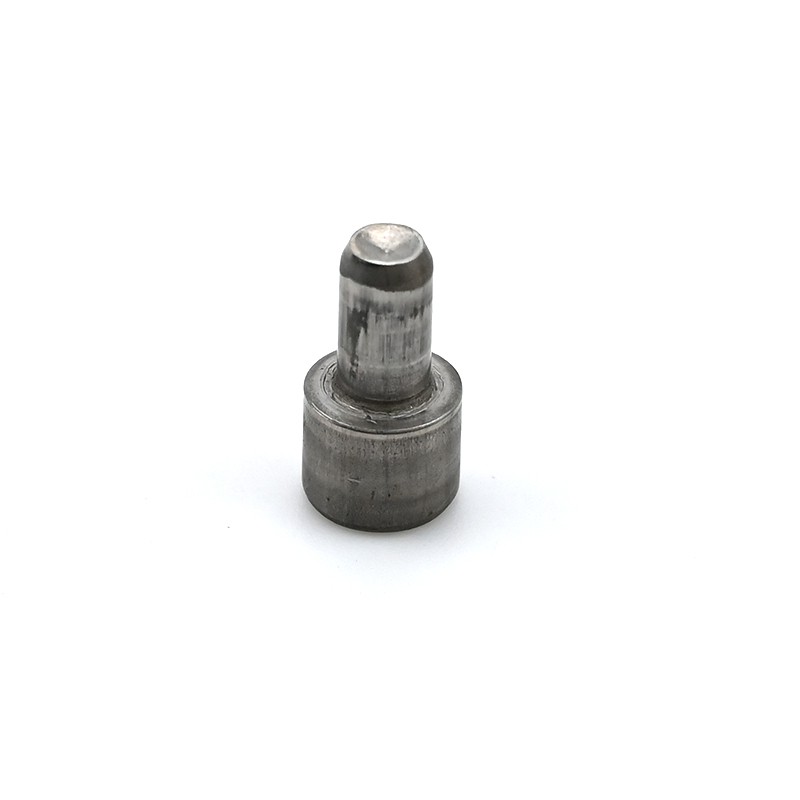- Time:2024/01/10 Posted:Dongguan prospect hardware accessories co.,ltd
A Comprehensive Guide to the Versatile World of Non-Standard Fasteners
Understanding Non-Standard Fasteners

Non-standard fasteners play a vital role in the world of manufacturing and construction. Unlike their standard counterparts, which are readily available off the shelf, non-standard fasteners are customized to meet specific design and engineering requirements. These specialized fasteners offer unique solutions for challenging applications and allow engineers to push the boundaries of traditional fastening methods.
The Advantages of Custom Solutions
Customized non-standard fasteners offer numerous advantages over standard options. By tailoring fasteners to precise specifications, manufacturers can enhance performance, improve efficiency, and ensure compatibility with unique application requirements. Through innovative design and engineering, these custom solutions enable manufacturers to optimize the functionality and durability of their products, resulting in increased safety and reliability.
Exploring the Range of Non-Standard Fasteners
Non-standard fasteners cover a wide range of specialized products, including but not limited to:
- Threaded Fasteners: Custom screws, bolts, nuts, and studs with unique thread patterns, sizes, and designs.
- Rivets and Inserts: Custom rivets and threaded inserts designed for specific materials, including metal, plastic, and composites.
- Clamps and Clips: Custom clamps and clips for securing objects together or fastening them to various surfaces.
- Anchors and Dowels: Custom anchors and dowels used for secure and reliable attachment to different materials.
- Washers and Spacers: Custom washers and spacers provide precise spacing, alignment, and load distribution.
Each type of non-standard fastener offers unique capabilities and is tailored to specific applications, enabling engineers to find the perfect solution for even the most complex design challenges.
Applications and Industries
Non-standard fasteners find applications in a wide range of industries, including:
- Aerospace and Defense: Custom fasteners designed for high-stress and critical applications.
- Automotive: Custom fasteners for vehicle assembly, performance enhancements, and specialized components.
- Construction: Custom fasteners for structural integrity, safety, and durability.
- Energy and Power: Custom fasteners for power generation, transmission, and renewable energy systems.
- Medical and Healthcare: Custom fasteners for medical device assembly, implants, and surgical instruments.
These industries rely on non-standard fasteners to withstand extreme conditions, offer superior strength, and ensure the integrity of their products and structures.
Choosing the Right Custom Fastener Solution
When selecting a custom fastener solution, it is crucial to consider the following factors:
- Design Requirements: Evaluate the specific functional and aesthetic requirements of the application.
- Materials and Environment: Consider the compatibility of materials and the environmental conditions the fastener will be exposed to.
- Load and Stress: Determine the load capacity and stress resistance needed for the application.
- Customization Options: Explore the available customization options, such as thread type, coating, and dimensions.
- Quality and Reliability: Choose a reputable manufacturer known for providing high-quality and reliable custom fasteners.
By carefully evaluating these factors, engineers can select the most suitable non-standard fastener solution for their unique applications.
Conclusion
Precision Unleashed: Exploring the Custom Solutions of Non-Standard Fasteners showcases the vast possibilities and advantages that non-standard fasteners offer. Through customization and innovation, these specialized fasteners enable engineers to overcome design challenges, optimize performance, and create products that meet the highest standards of quality and reliability. Understanding the world of non-standard fasteners opens up a world of possibilities for manufacturing and construction industries, where precision is paramount.
